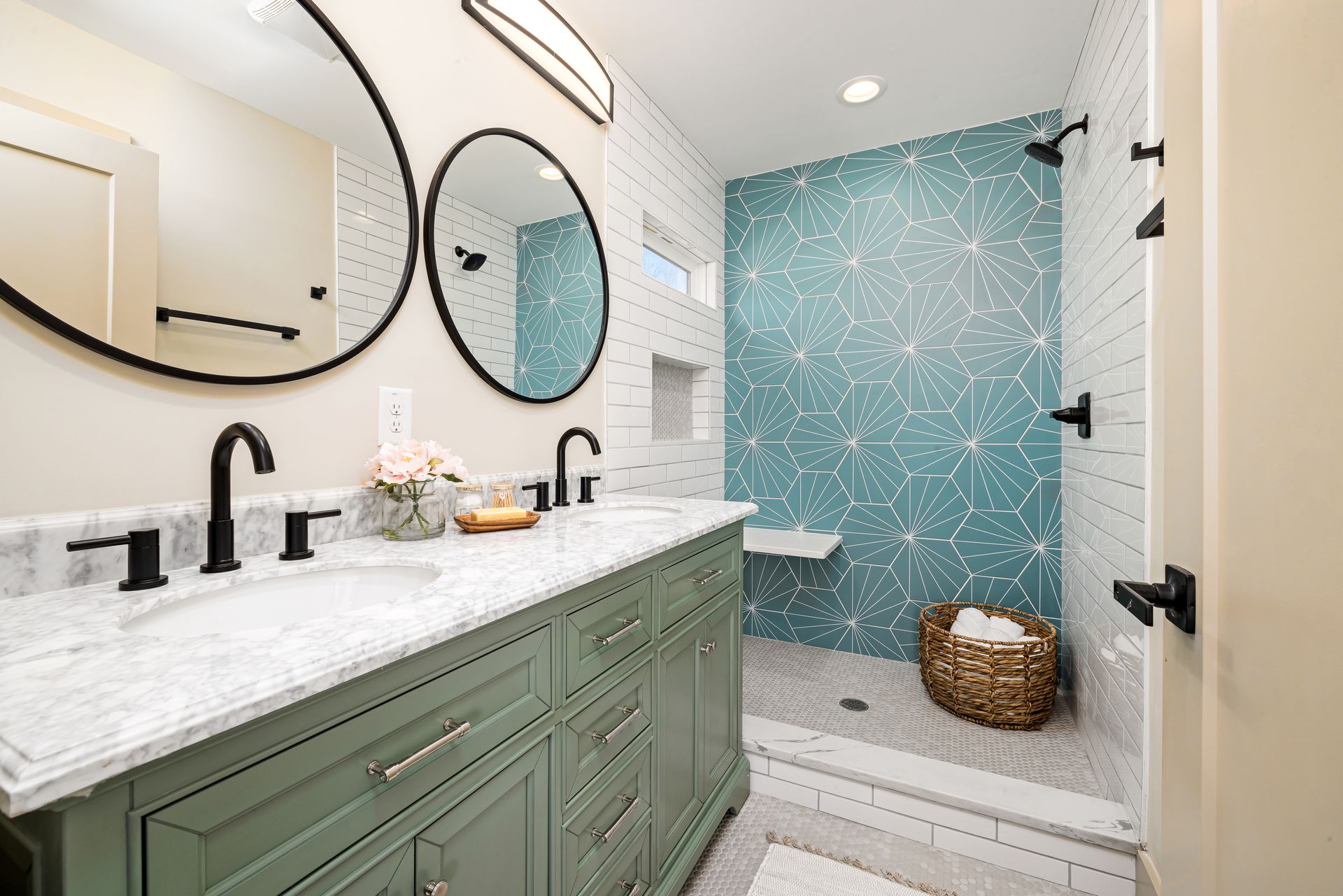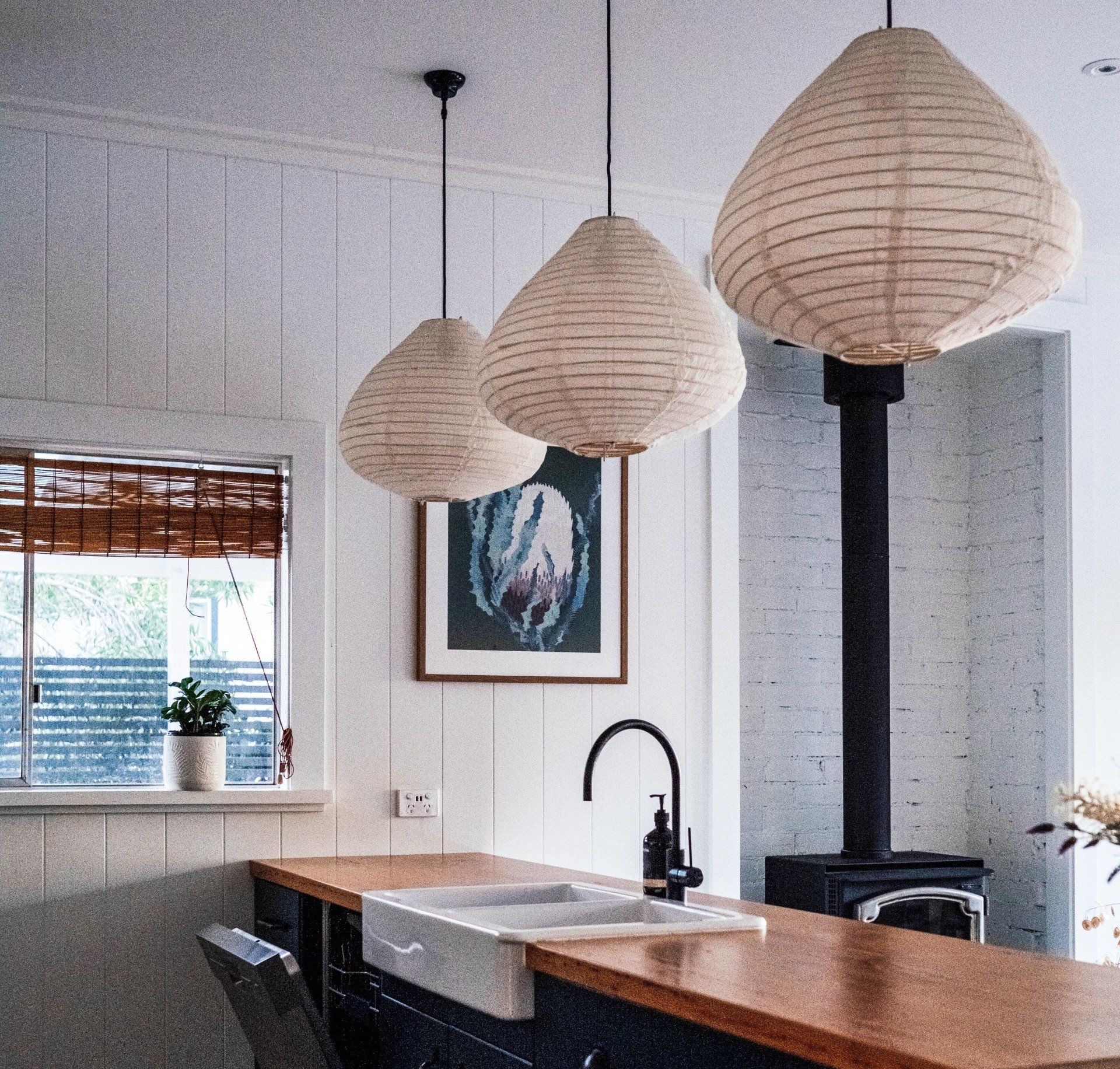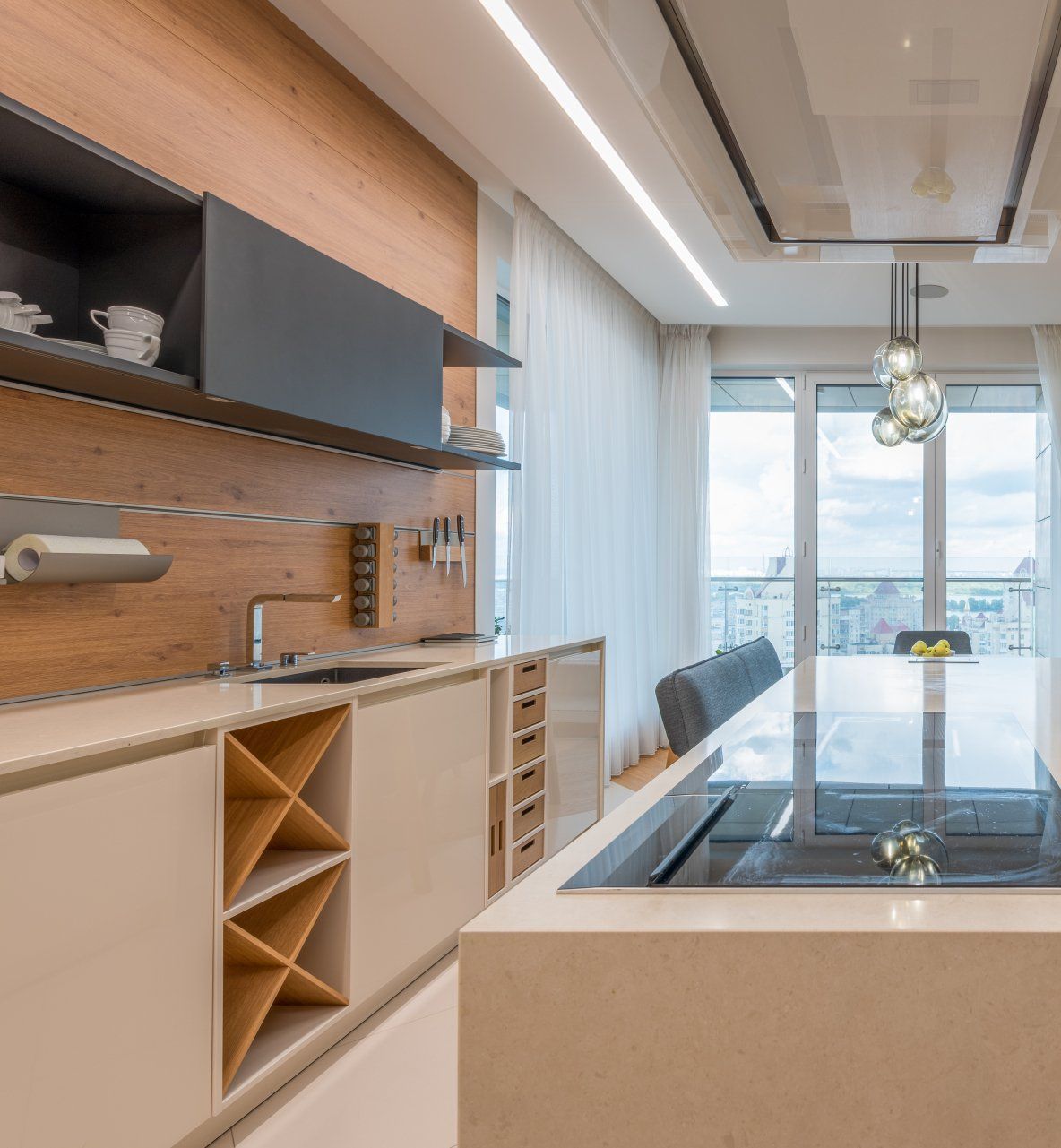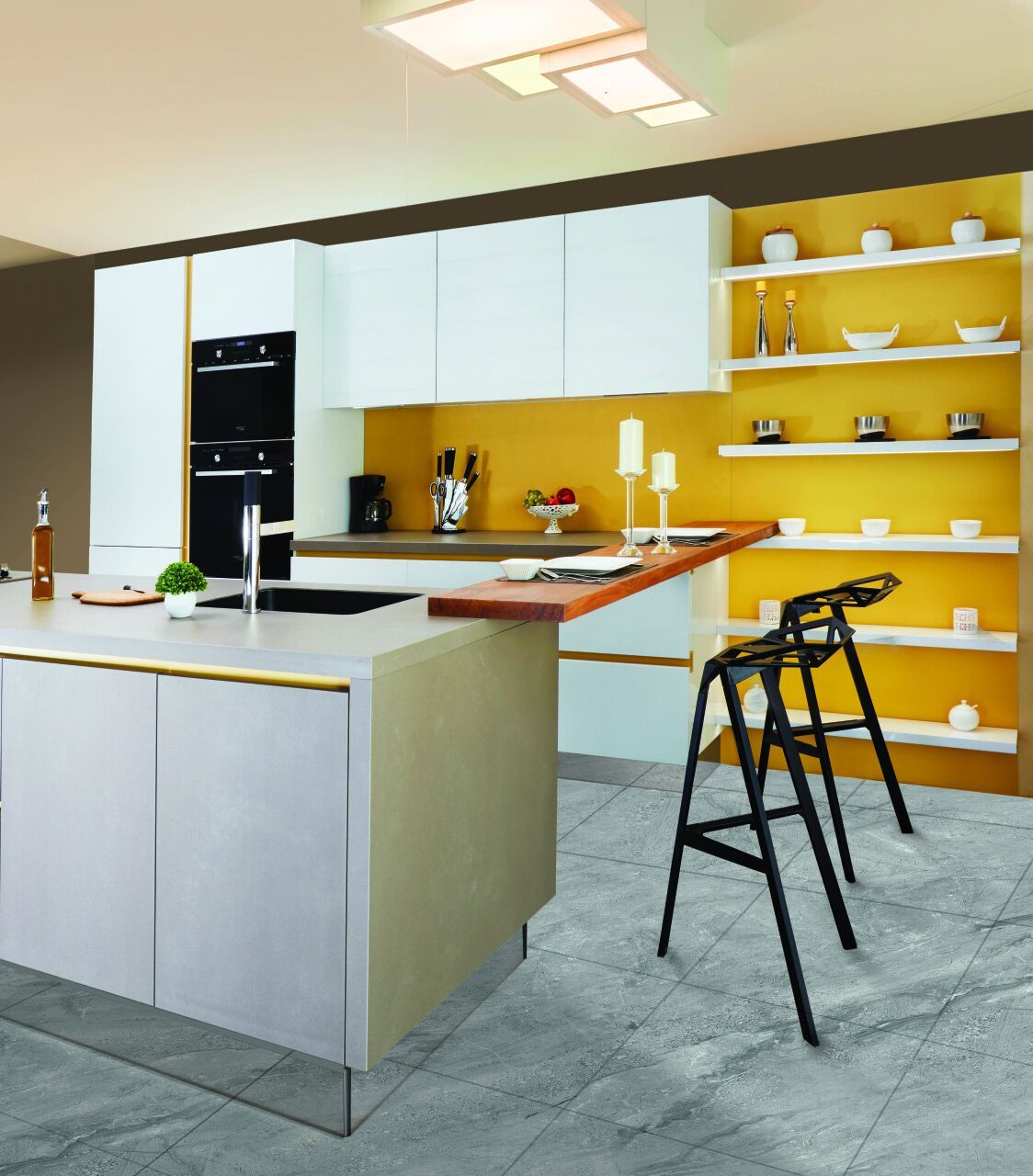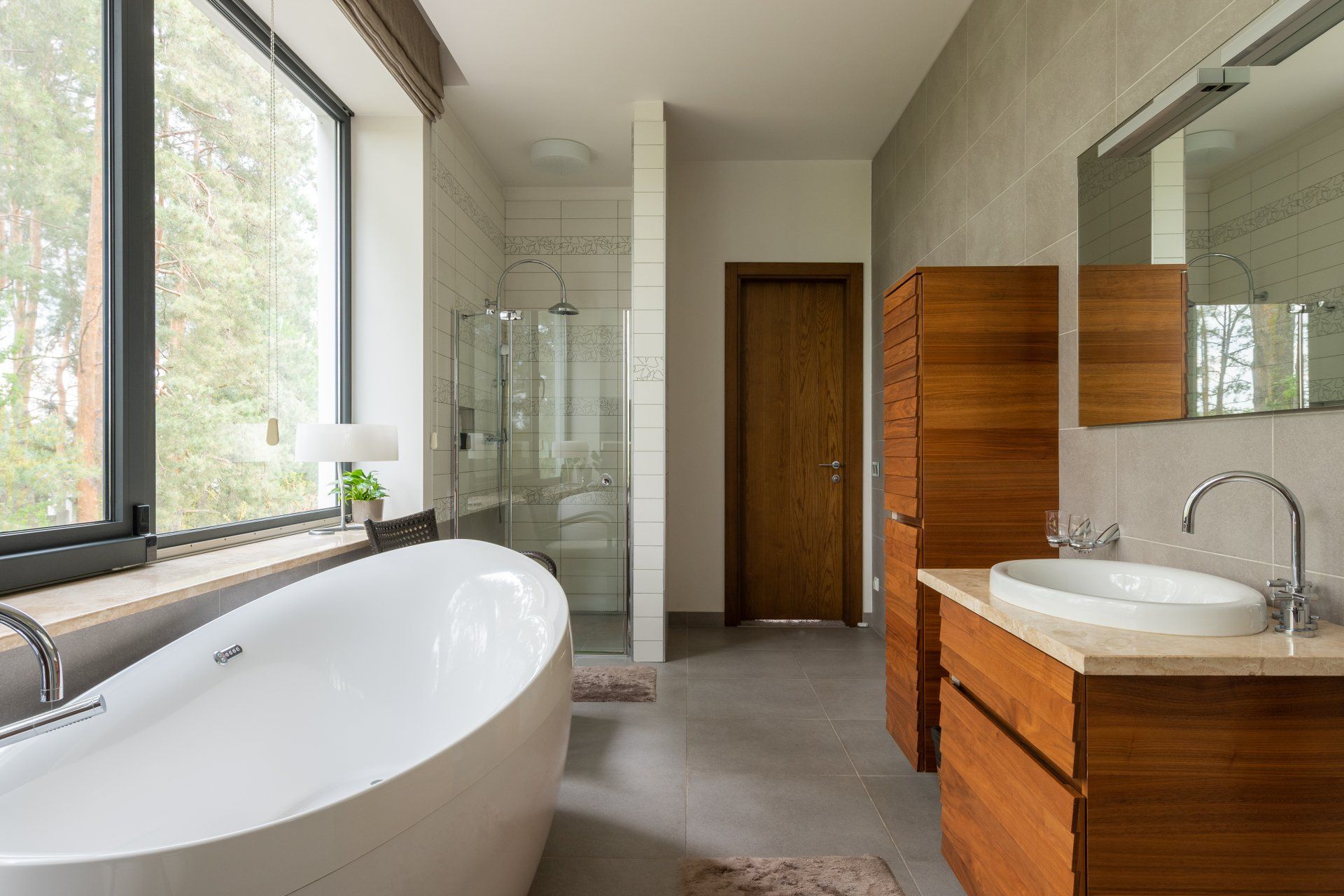Best Room Renovation First
Best Room Renovation First: Expert Tips for Efficient Home Remodeling
What's the Best Room to Renovate First? Expert Insights for Maximum Home Renovation Efficiency
Renovating a home is an adventure filled with excitement and, admittedly, a fair share of disruptions. It's a journey that prompts a crucial question: What's the best room to renovate first? Whether it's the living room, bedroom, bathroom, or kitchen, each space presents its own set of challenges and opportunities. The aim here is to guide you through the maze of decisions, leaning on the wisdom of seasoned renovation experts to pinpoint where your remodeling journey should begin.

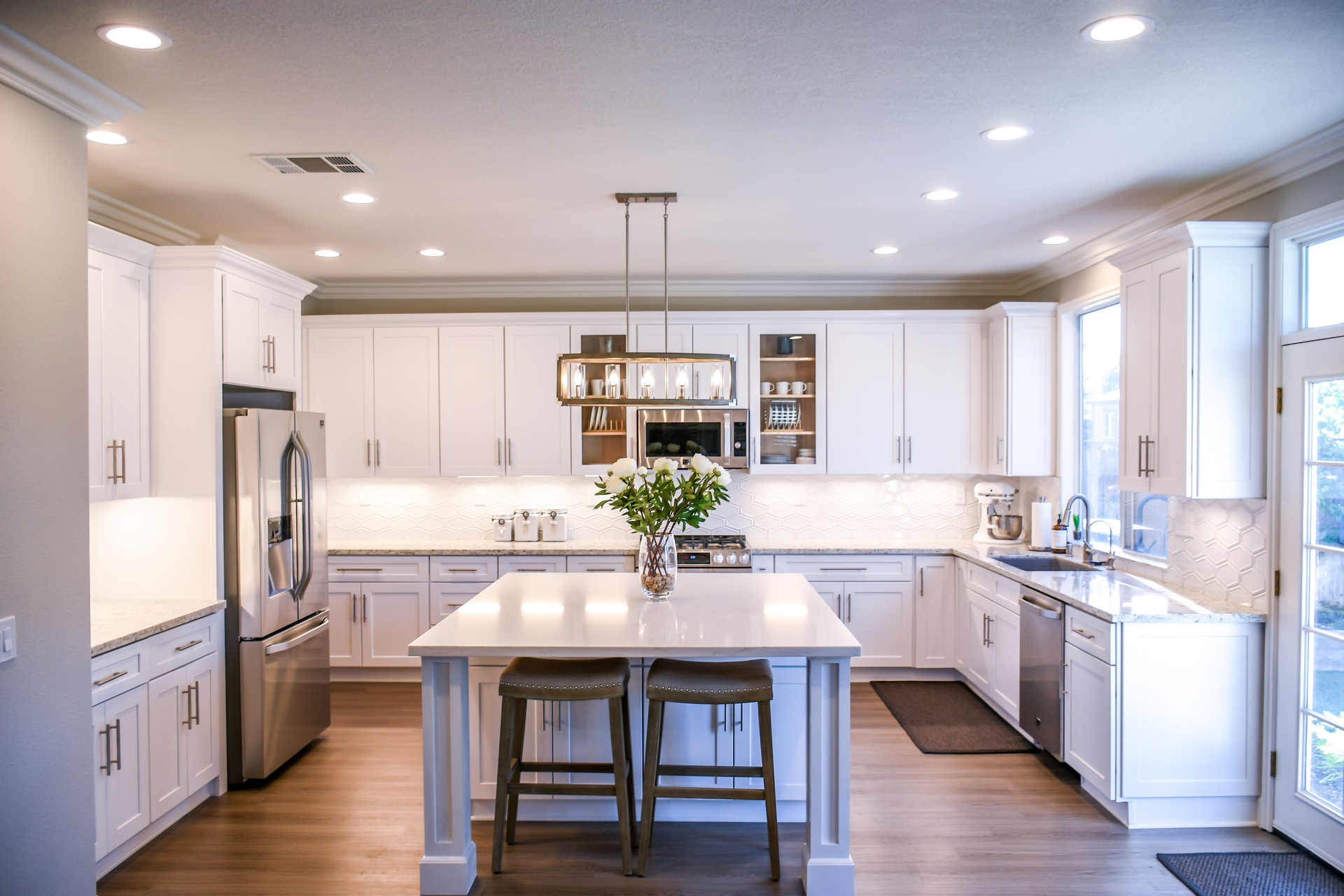
Understanding the Heart of Your Home: The Kitchen
Start with the Kitchen: Often, the kitchen is recommended as the starting point. As interior designer Kristin Kong notes, kitchens typically require more time and budget, given their role as the home's hub. Starting here influences decisions for the rest of the house, like flooring and color schemes. Chad Hackmann, a regional partner at Alair Homes, also emphasizes the kitchen's central role in daily life and its high return on investment.
Flooring Considerations in Renovation
Think Flooring: Thomas Borcherding, lead designer at Homestar Design Remodel, suggests considering your flooring plans. If new flooring will run throughout your home, including the kitchen, it's logical to start with the kitchen to accommodate any changes in cabinetry and layout.
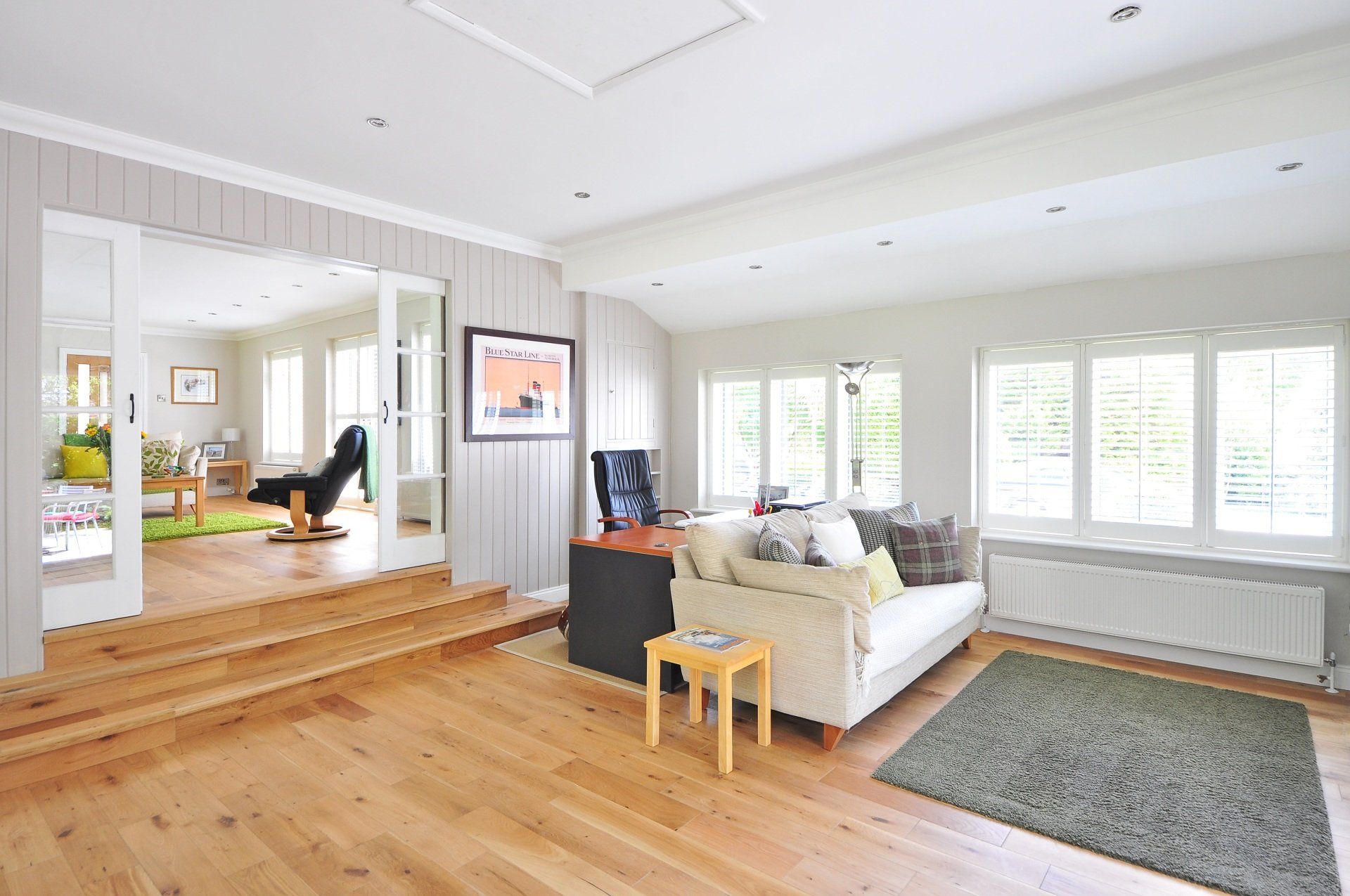
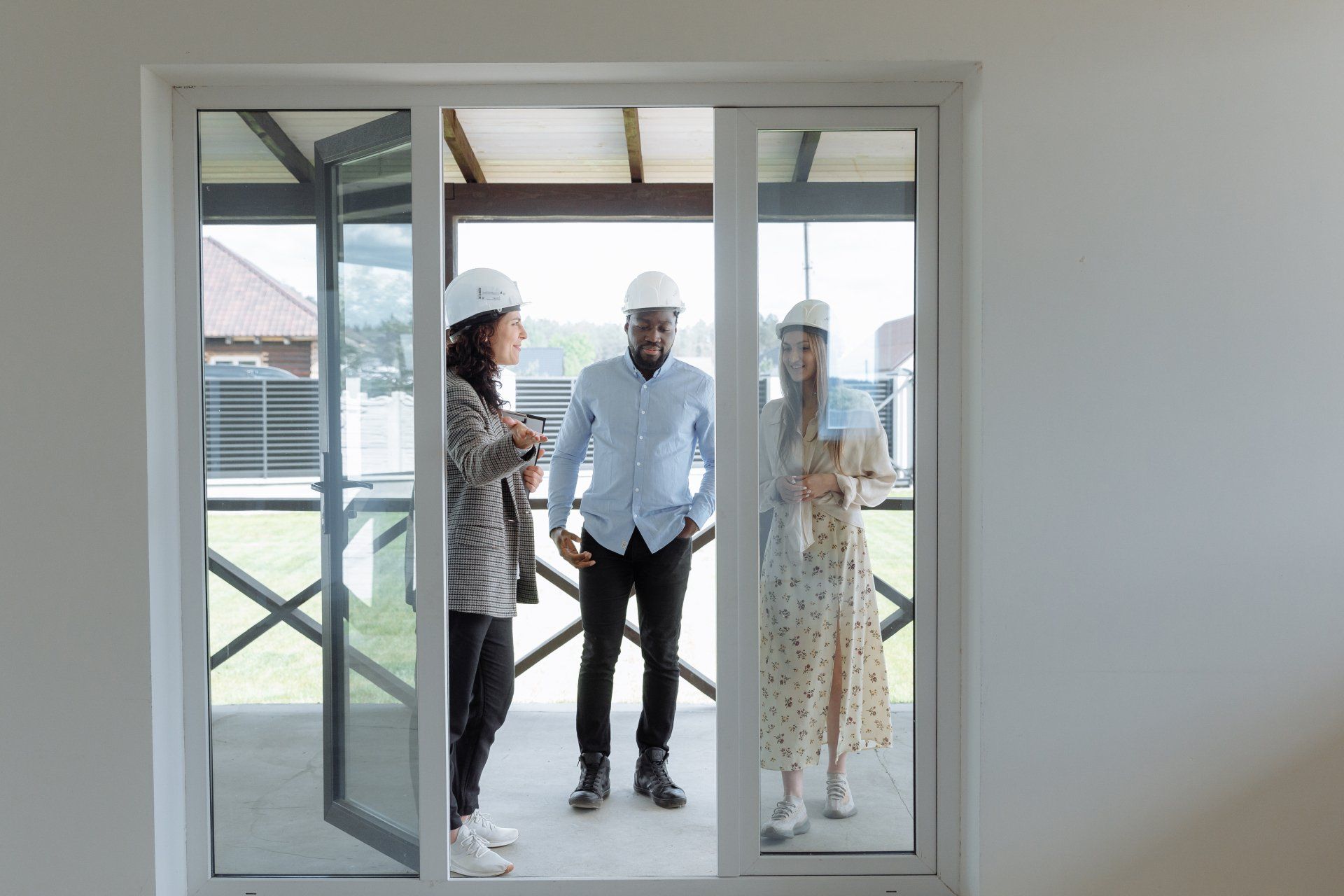
Evaluating Contractor Quality
Gauge Quality: If you're working with a new contractor, Thomas recommends starting with a less intensive project. This approach allows you to assess their work quality before diving into more significant renovations.
Strategic Planning: Top-Down and Outside-In
Go Top Down: Chad Hackmann advises a strategic approach: renovate from the top down and the outside in. This method ensures that each project phase is thoughtfully planned, avoiding redundant work and maximizing efficiency.


Assessing the Extent of Renovation
Consider Reno Extent: The scale of changes in each room should guide your plan. Minor updates might come before major overhauls, but extensive changes involving plumbing or electrical work might call for a more comprehensive approach.
Factoring in Disruption During Renovation
Factor in Disruption: Living in your home during renovations? Consider the disruption level. A kitchen remodel, for instance, can significantly impact your daily life. Chad advises weighing the pros and cons of staying put during the renovation process.
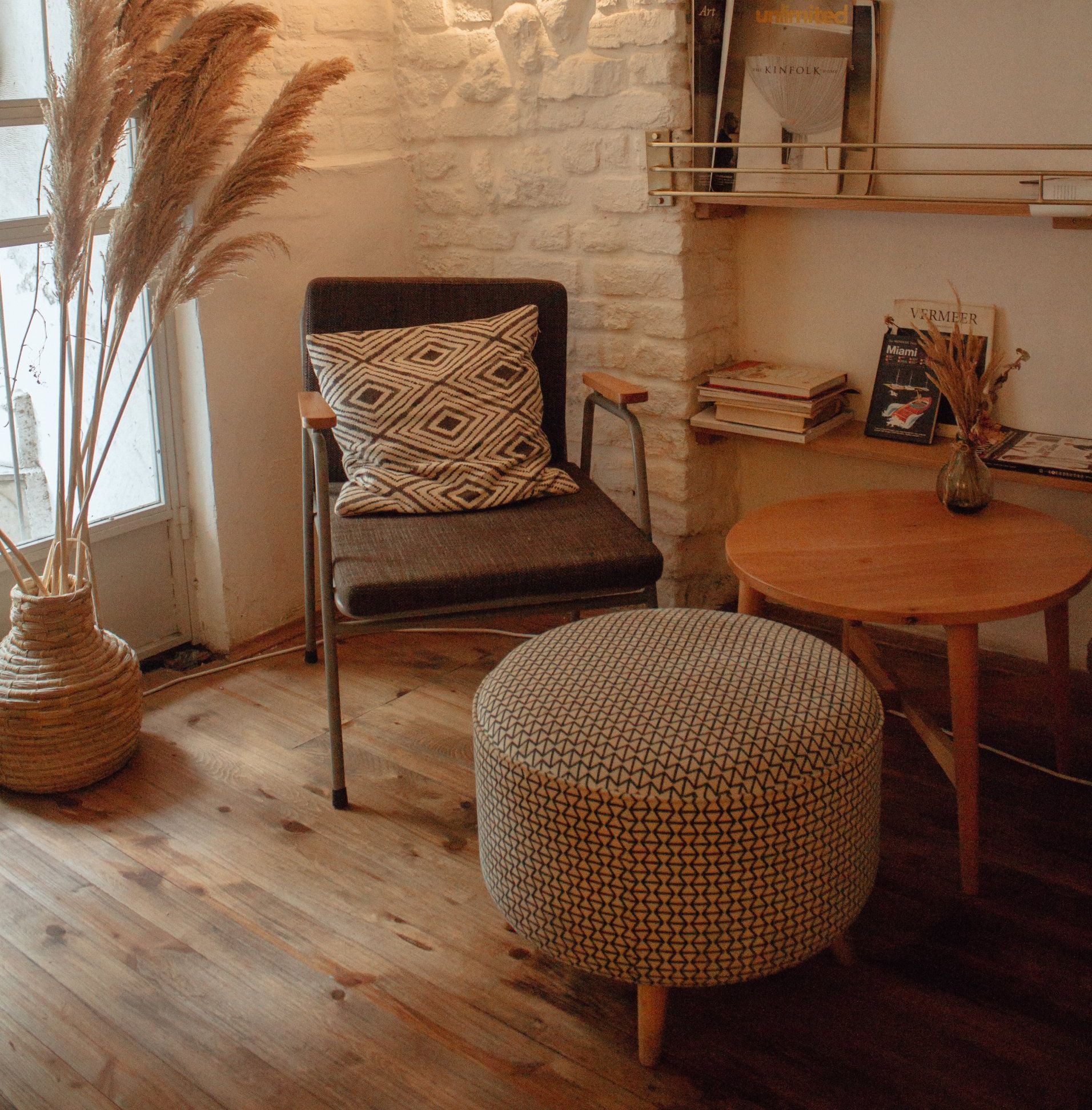

What's the Hardest Room to Remodel?
Kitchens and bathrooms often top the list for the most complex renovations due to plumbing and electrical considerations. However, these projects can vary in scale, from simple replacements to complete overhauls involving multiple contractors.
The Art of Smart Renovation
Embarking on a home renovation requires careful consideration and strategic planning. Remember, each room has its unique challenges and opportunities. Weigh your options, consider the extent of the renovation, and don't hesitate to start with the kitchen, the heart of many homes. And always, always plan with the big picture in mind.

Pros and Cons of a Smart Kitchen Remodeling Project: A Detailed Analysis
Embarking on a smart kitchen remodeling project opens up a world of modern convenience and efficiency, integrating cutting-edge technology into the heart of your home. However, as with any significant home improvement venture, it's essential to consider both the benefits and potential downsides of such a modernization.
Advantages of a Smart Kitchen Remodel
- Enhanced Convenience and Efficiency: Smart kitchens revolutionize cooking and food storage with advanced appliances and systems. Imagine refrigerators that suggest recipes based on their contents, ovens that preheat on your commute home, and dishwashers that can be controlled remotely. This technology transforms kitchen tasks, making them more manageable, intuitive, and less time-consuming.
- Energy Savings: Energy efficiency is a hallmark of smart kitchen appliances. These devices are designed to use minimal electricity and water, leading to substantial savings on utility bills. Smart refrigerators, for instance, can adjust cooling based on the amount of food stored, and smart ovens often heat up more quickly and maintain temperature more efficiently than traditional models.
- Improved Safety Features: The safety enhancements in smart kitchens are notable. Automatic shut-offs on stoves and ovens can prevent fire hazards, while smart smoke and gas detectors provide early warnings, significantly increasing the safety level of your kitchen.
- Ease of Use and Accessibility: Voice-activated controls, touch interfaces, and remote accessibility make smart kitchens a boon, especially for individuals with mobility challenges. Voice commands can operate appliances, and smart screens can display recipes in large, readable text, making the kitchen more accessible to everyone.
- Modern Aesthetic Appeal: Smart kitchens often boast a sleek, contemporary design that can modernize your entire home. The integration of technology with kitchen aesthetics not only makes the space more functional but also stylish, potentially increasing your home's market value.
Challenges of a Smart Kitchen Remodel
- High Initial Investment: Integrating advanced technology and high-end appliances into a kitchen remodel can be costly. The expense of smart devices, along with the potential need for specialized installation, can make a smart kitchen remodel more expensive upfront compared to a traditional kitchen upgrade.
- Complexity and Learning Curve: Adapting to a high-tech kitchen can be daunting, particularly for those less accustomed to digital technology. Navigating new interfaces and learning the functionalities of various smart appliances might require time and patience.
- Dependence on Technology: Heavy reliance on technology means that system failures can significantly disrupt kitchen functionality. Internet outages or technical glitches could render some features unusable, leading to inconvenience and possible repair costs.
- Privacy and Data Security Concerns: With smart appliances connected to the internet, there's the potential for data collection about your usage patterns and preferences. This connectivity raises valid concerns regarding privacy and the security of personal information.
- Rapid Obsolescence Risk: Technology evolves swiftly, and today's state-of-the-art appliance could become obsolete in a few years. This rapid pace of change may necessitate further investments to keep your kitchen technology up-to-date.
To Remodel or Not To Remodel? Weighing the Decision
A smart kitchen remodeling project offers significant advantages in terms of convenience, efficiency, safety, and aesthetics. However, these benefits come with considerations such as cost, complexity, technological dependence, privacy concerns, and the potential for rapid obsolescence.
Careful evaluation of these factors is crucial in determining whether a smart kitchen remodel aligns with your lifestyle, budget, and long-term home improvement goals. This balanced approach will help you make an informed decision about upgrading to a smart kitchen.
Features and Benefits of a Smart Kitchen Remodel Project
A smart kitchen remodel brings together the best of technology and design, transforming your kitchen into an efficient, user-friendly, and sophisticated space. Here are the key features and benefits of undertaking a smart kitchen remodeling project.
Key Features of a Smart Kitchen Remodel
- Smart Appliances: Includes refrigerators that can track groceries and expiration dates, ovens with remote start features, and dishwashers with automated cycles.
- Advanced Lighting Systems: Programmable lighting systems allow you to adjust brightness and color temperature to suit different times of the day or specific tasks.
- Intuitive Cooking Gadgets: Incorporate gadgets like Bluetooth-enabled meat thermometers, smart slow cookers, and voice-controlled assistants that can help with recipes and timers.
- Integrated Smart Systems: Central systems that connect all smart devices in the kitchen, allowing for seamless control via smartphones or voice commands.
- Energy-Efficient Technologies: Including smart refrigerators and ovens that use less energy, contributing to a more sustainable home and reducing utility bills.
- Modern Safety Features: Smart smoke detectors, gas leak sensors, and appliances that automatically turn off when not in use, enhancing safety in the kitchen.
- Customizable Interfaces and Controls: User-friendly interfaces on appliances and devices that can be tailored to individual preferences and accessibility needs.
Benefits of a Smart Kitchen Remodel
- Increased Convenience and Efficiency: Smart kitchens streamline cooking and storage tasks, saving time and reducing the effort involved in kitchen chores.
- Energy and Cost Savings: By using energy-efficient appliances and systems, a smart kitchen can significantly reduce electricity and water usage, leading to lower utility bills.
- Enhanced Safety and Security: Automated safety features provide peace of mind, especially in households with children, elderly, or those with special needs.
- Personalized Cooking Experience: Smart gadgets aid in cooking precision, offering personalized guidance and ensuring better results in food preparation.
- Seamless Integration and Control: The ability to control and monitor kitchen devices from a single point or remotely adds a layer of unmatched convenience.
- Eco-Friendly Operation: Smart kitchens support a sustainable lifestyle with appliances and systems designed to minimize environmental impact.
- Contemporary Aesthetic Appeal: A smart kitchen remodel often comes with a sleek and modern design that can enhance the overall look and feel of your home.
A smart kitchen remodel project offers a harmonious blend of functionality, style, and technological innovation, making the kitchen not just a place for cooking but a central, intelligent hub of the modern home.

